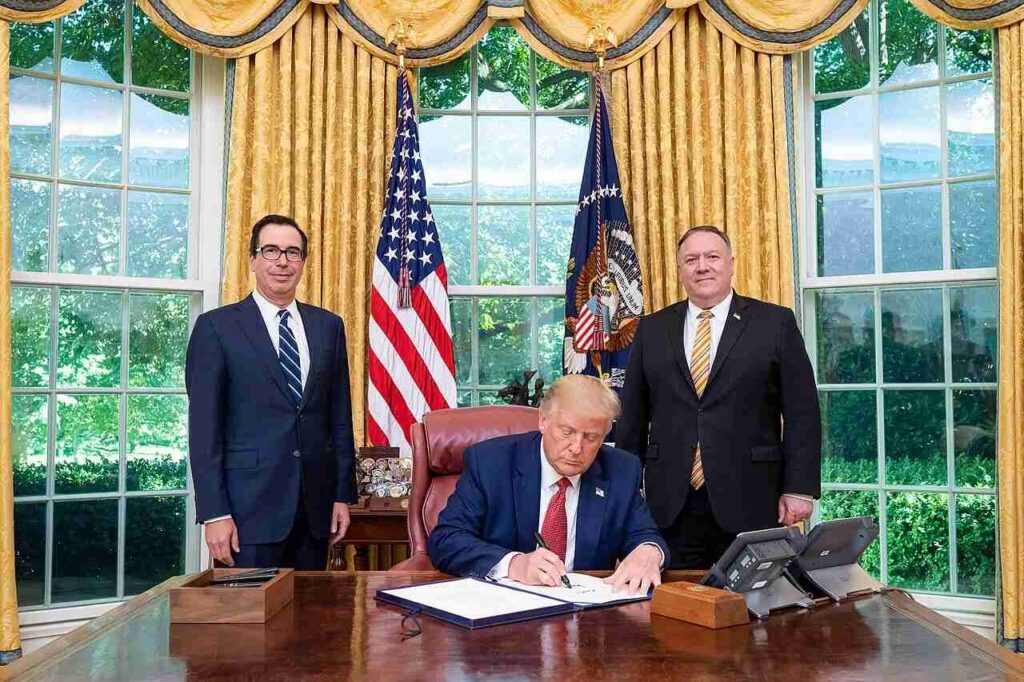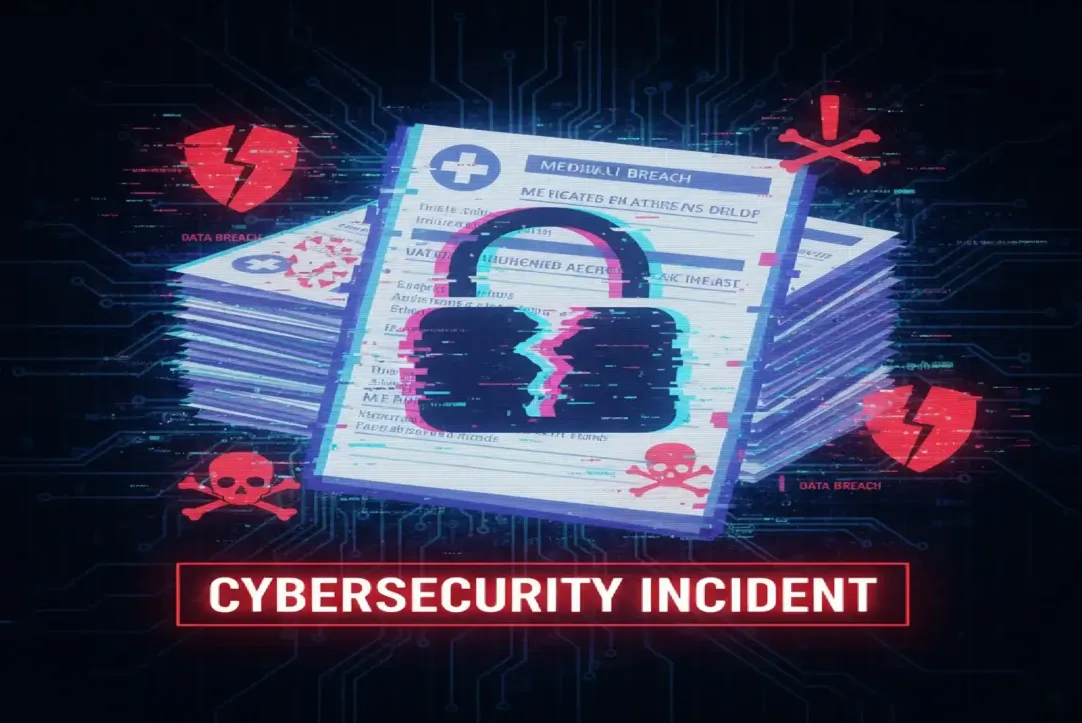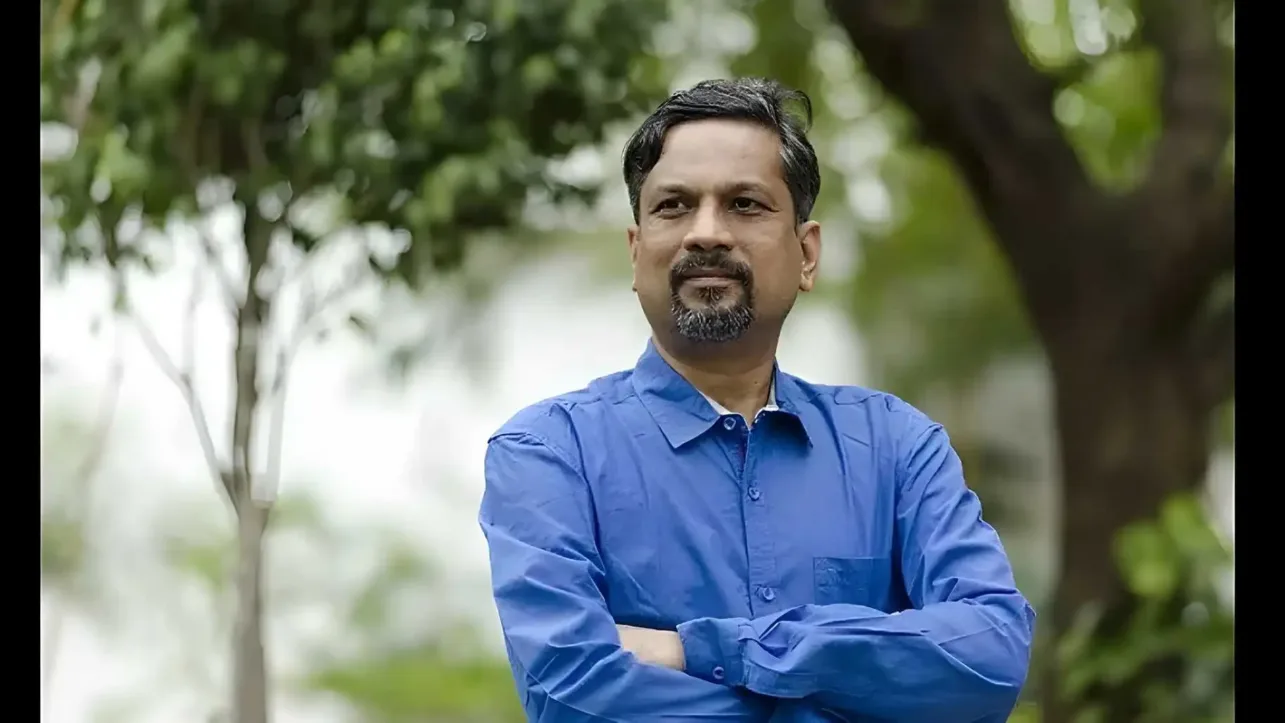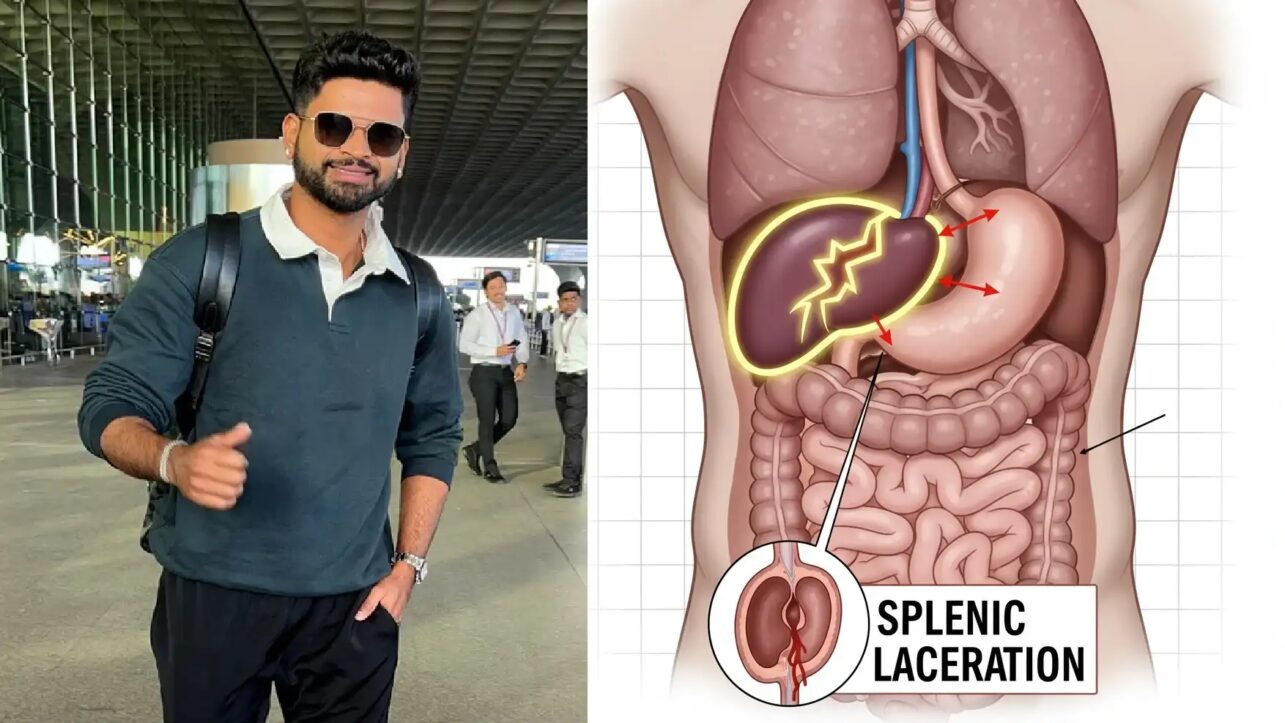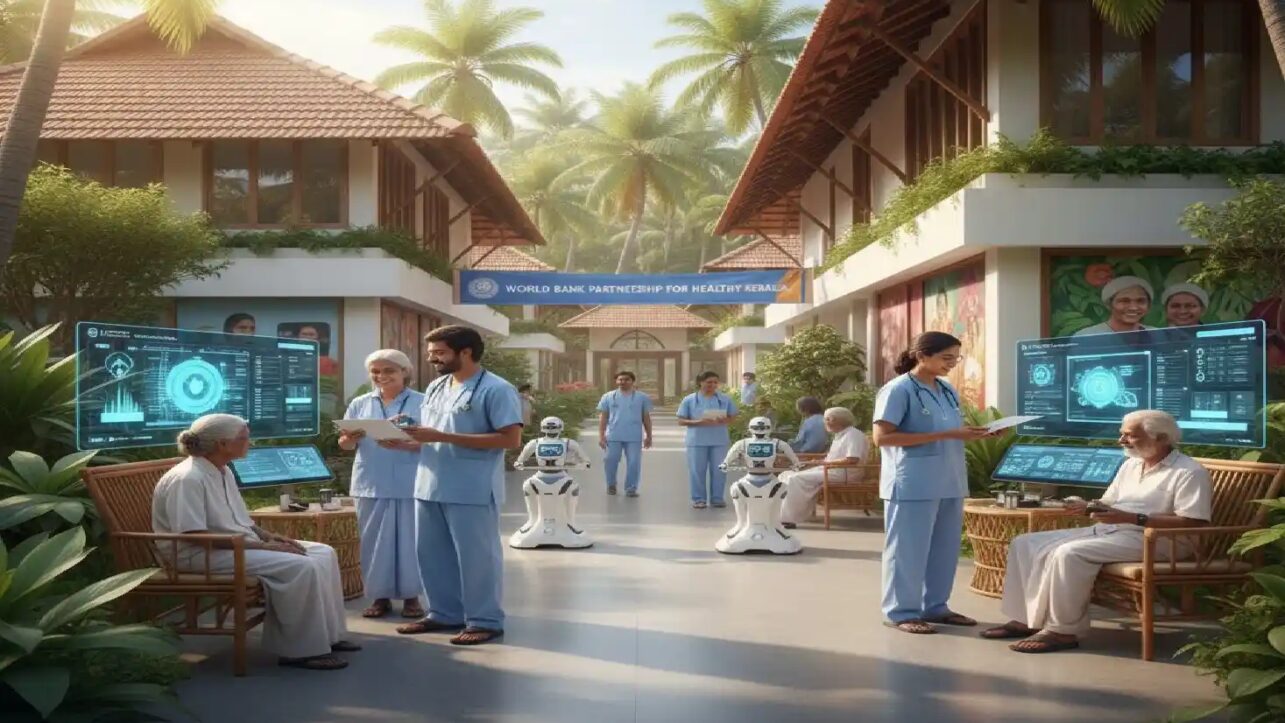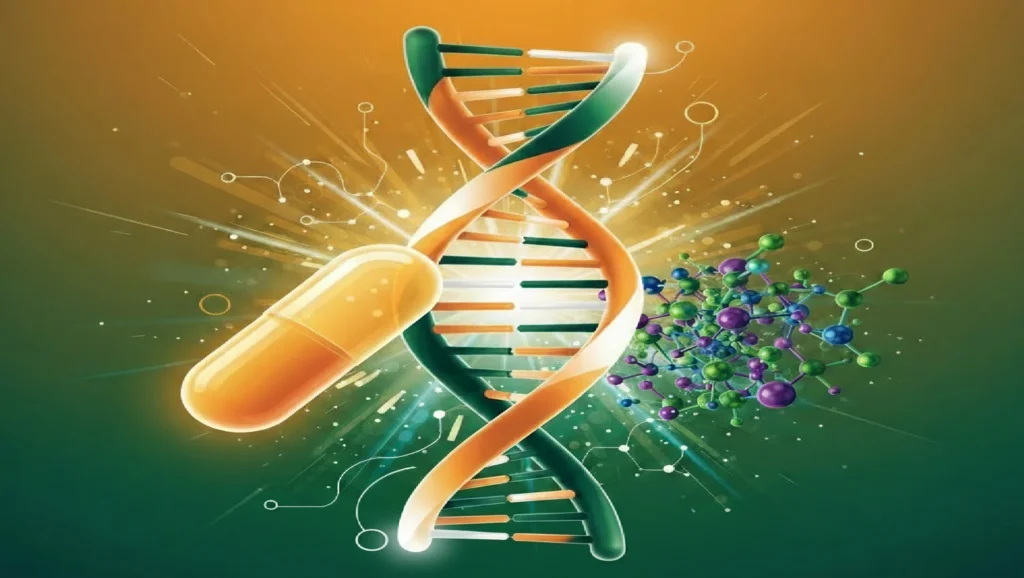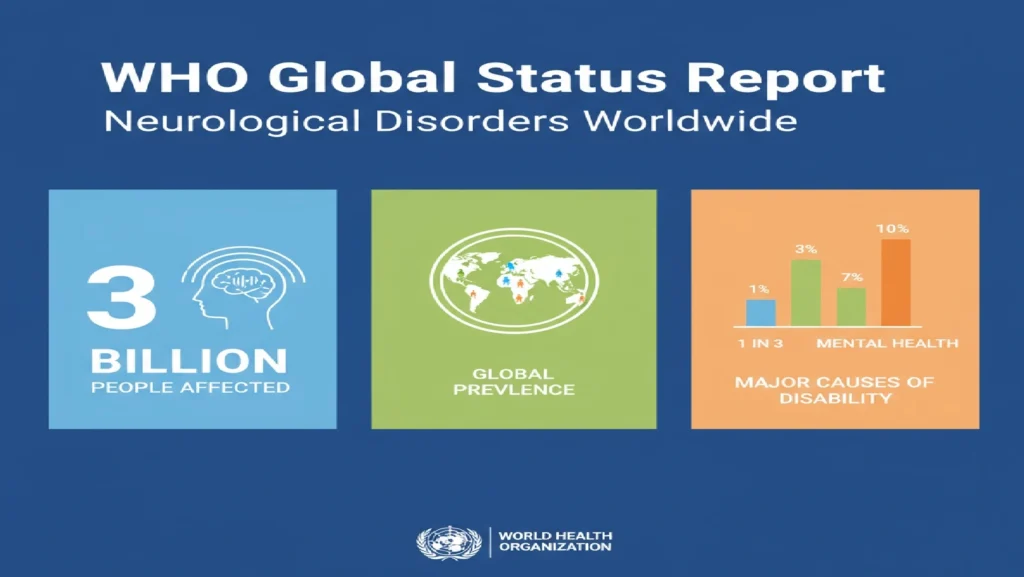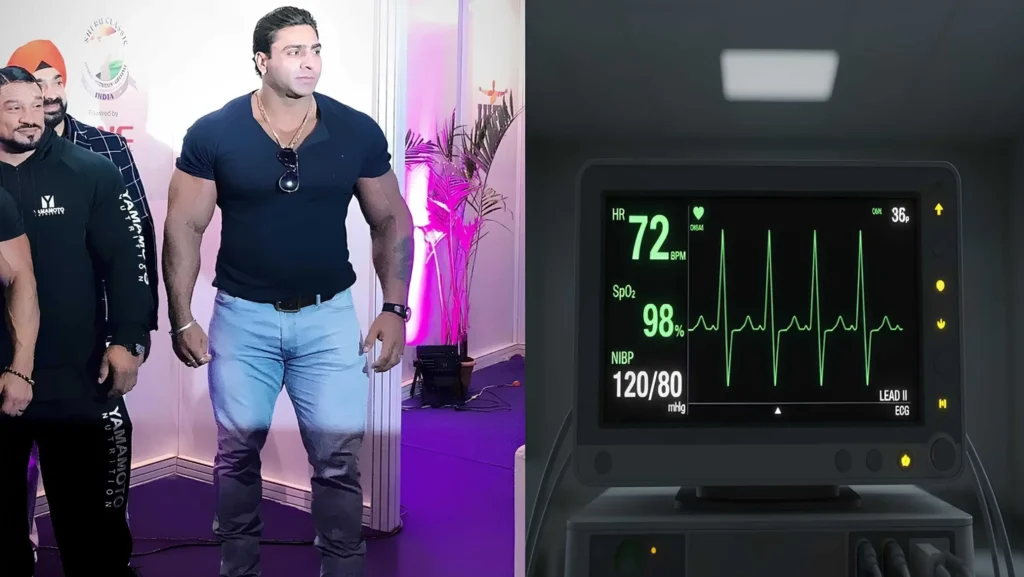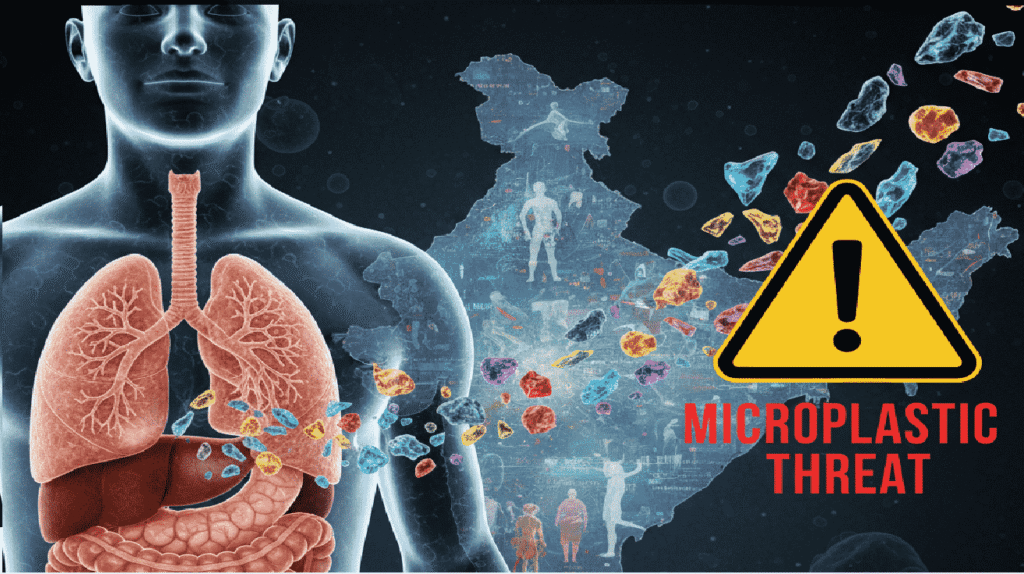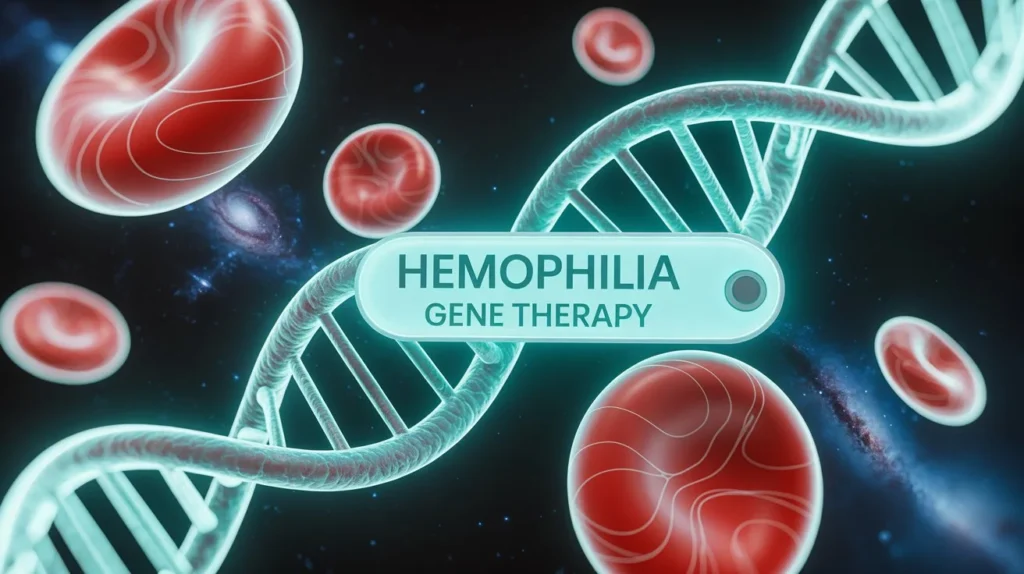President Donald Trump recently signed an executive order allocating $50 million in federal grants to advance artificial intelligence (AI) research focused on childhood cancer. This initiative expands the National Cancer Institute’s Childhood Cancer Data Initiative (CCDI), initially launched in 2019 with a $500 million budget over 10 years. The funding aims to harness AI technologies to improve diagnosis, treatment precision, and accelerate cures for pediatric cancers, a leading cause of mortality among children in the U.S.
Pediatric Cancer in India: A Growing Challenge
In India, childhood cancers constitute about 4% of all cancer cases, with an estimated 45,000 to 50,000 new cases diagnosed annually. Despite increasing detection rates, many regions face challenges such as late diagnosis, limited access to specialized care, and socioeconomic barriers. Survival rates remain significantly lower than in developed countries due to these factors.
The National Cancer Registry Programme in India highlights a rising incidence of pediatric cancers, including lymphoid leukemia and central nervous system tumors. However, underreporting and limited diagnostic infrastructure may mask the true burden. Efforts to expand population-based childhood cancer registries, such as the recent establishment of a dedicated registry in Chennai, indicate progress in addressing these gaps.
AI’s Role and Collaboration Opportunities
AI-driven research under the U.S. executive order involves applying machine learning to vast molecular and genetic databases to improve clinical trial design, diagnosis accuracy, and treatment personalization. This advanced data infrastructure can predict therapy responses and model cancer progression, minimizing side effects.
India’s increasing adoption of digital health initiatives and AI technologies aligns well with this direction. There is strong potential for collaborative research partnerships between U.S. agencies and Indian medical institutions to adapt AI models for India’s diverse population and healthcare context. Such partnerships could accelerate pediatric cancer research, improve early diagnosis, and expand treatment options tailored to Indian needs.
Implications for the Future
The executive order illustrates the growing international commitment to harnessing AI for pediatric oncology innovations. For India, it underscores the need to invest in diagnostic infrastructures, integrate AI-driven technologies, and enhance cancer registries for better data collection.
As India strengthens its healthcare digital transformation, aligning efforts with global AI initiatives offers a pathway to improved outcomes for children affected by cancer. Enhanced data sharing, joint clinical trials, and technology transfer could shorten the time to breakthrough therapies.
Conclusion
President Trump’s executive order to boost AI in childhood cancer research is a landmark development with far-reaching implications for global health. Adding an Indian perspective highlights the pressing challenges in pediatric cancer care and the opportunity to leverage AI-driven innovation through international collaboration to reduce childhood cancer mortality in India and beyond.
For more information, see the coverage by Fox News and updates on the White House presidential actions page.

